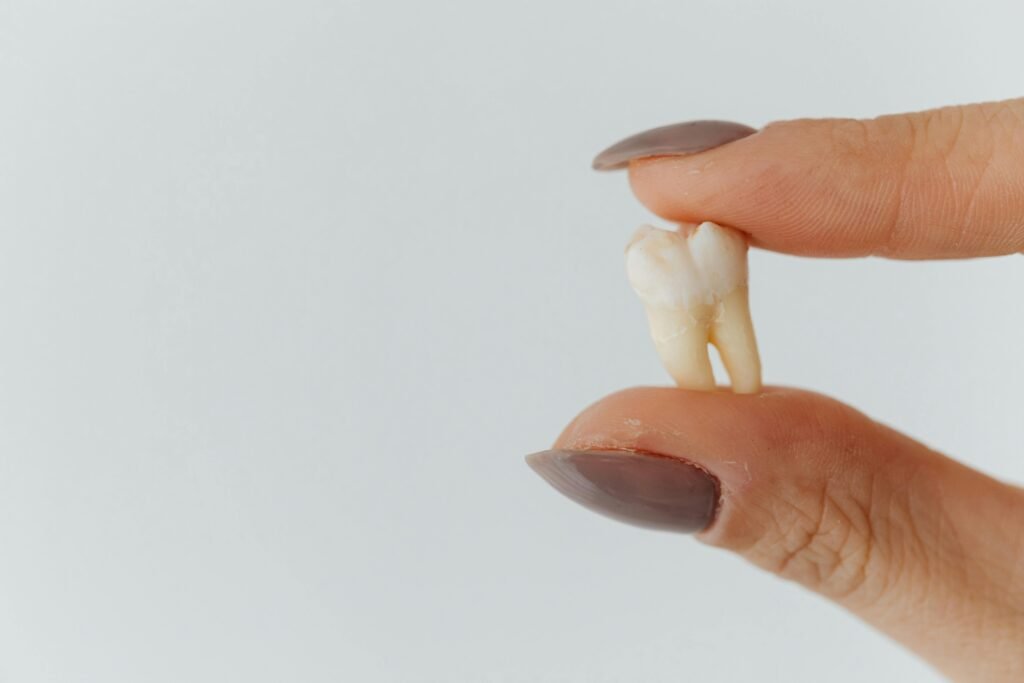Tooth extraction is a common dental procedure used to remove damaged, decayed, or problematic teeth that cannot be saved with other treatments. While the idea of having a tooth removed may feel intimidating, understanding the process and following proper care instructions can make the experience smooth and promote quick healing.
🔍 What to Expect During a Tooth Extraction
During a tooth extraction, your dentist will carefully loosen the tooth from its socket in the jawbone and remove it. The procedure can be performed under local anesthesia, sedation, or general anesthesia depending on the complexity and your comfort level.
After the extraction, a blood clot will form in the empty socket to protect the underlying bone and nerves, which is essential for proper healing.
✅ Pre-Operative Instructions for Tooth Extraction
Proper preparation can reduce complications and make recovery easier.
1. Medical History and Medications
- Inform your dentist about any medical conditions (e.g., heart disease, diabetes, immune disorders) or allergies.
- Mention all medications and supplements, particularly blood thinners, as they may need adjustment before surgery.
2. Oral Hygiene
- Brush and floss thoroughly before your appointment to reduce bacteria in your mouth.
- Avoid alcohol or smoking before the procedure, as these can affect anesthesia and healing.
3. Fasting Guidelines
- If sedation or general anesthesia is planned, follow the recommended fasting instructions (usually no food or drink for 6–8 hours before surgery).
- Arrange for transportation if sedation will be used.
4. Questions to Ask Your Dentist
- How long will the extraction take?
- What type of anesthesia will be used?
- What should I expect in terms of pain and swelling after the procedure?
- Will I need stitches, and if so, what type?
✅ Post-Operative Instructions for Tooth Extraction
Proper post-op care is essential to promote healing, reduce discomfort, and prevent complications such as dry socket.
1. Managing Bleeding
- Bite gently on the gauze pad provided for 30–60 minutes.
- Slight oozing is normal, but if bleeding persists, replace the gauze and apply gentle pressure.
2. Swelling and Pain Management
- Apply an ice pack to the outside of your face for 15–20 minutes at a time during the first 24 hours.
- Take prescribed or over-the-counter pain medications as directed.
3. Diet Recommendations
- Stick to soft foods like yogurt, mashed potatoes, or smoothies for the first 24–48 hours.
- Avoid hot, spicy, or hard foods that can irritate the extraction site.
4. Oral Hygiene
- Brush your teeth gently, avoiding the extraction site for the first 24 hours.
- After 24 hours, rinse your mouth gently with warm salt water to keep the area clean.
5. Lifestyle Recommendations
- Avoid smoking and alcohol for at least 48 hours to promote healing.
- Avoid strenuous activity for the first 24–48 hours to minimize bleeding and swelling.
6. Signs to Contact Your Dentist
Call your dentist immediately if you notice:
- Persistent or heavy bleeding
- Severe pain that is not relieved by medication
- Swelling that worsens after 2–3 days
- Fever or signs of infection
Tooth Extraction FAQ
Quick answers to common questions about tooth extraction.


